.png)
Very few people dispute the advantages of Open Access. Free online access for all, with maximal efforts to stimulate reuse? Hard to argue with, even for those who are of the opinion that the general public does not particularly care about academic research. At the very least, they get free access to the results of the scholarly research which they fund with their tax money.
However, there is massive disagreement about how we should enable or even enforce Open Access. The reigning paradigm for many years was Green Open Access, where an author self-archives a copy of his work, which is typically an inferior alternative for the version disseminated through traditional academic publishing . Despite the hopes of many, this approach has in most fields not led to a real challenge of the commercial model for traditional academic publishing. As a result, there is an ever growing call for Gold Open Access, where an author publishes his or her work immediately in Open Access (rather than sharing an inferior version of the commercial product).
But publishing costs money, and there are different roads that lead to Gold Open Access. Not surprisingly, a large majority of traditional academic publishers take the for-profit road. Researchers are driven into the arms of these commercial publishers when a government or other funder enforces Gold Open Access (with the best possible intentions) without stimulating the non-profit alternative road. As a result, the cost of academic publishing – already criticized for more than twenty years – increases even more, as commercial publishers are thrilled with the opportunity to maximize their profits by charging exuberant Book Processing Charges (BPCs) and Article Processing Charges (APCs) and by pushing Hybrid Open Access (by selling subscriptions to journals in which they publish articles for which they have also charged APCs). Efforts to counter this by negotiating offsetting agreements with these publishers (as happened in the Netherlands, Finland and is currently in progress in Germany) are heavily criticized, as they frequently offer the illusion of progress, while in reality represent, at the very best, a status-quo.
Well-intentioned Open Access mandates which are not well thought-out therefore have a disastrous effect (as is thoroughly documented for the United Kingdom). But what if there was an alternative for commercial Gold Open Access? A fair approach in which academic publishing is treated cost- effectively, thus giving researchers and the general public value for money. This alternative is not an idealistic dream: numerous Fair Gold Open Access initiatives, with the same high academic standards (if not higher) as traditional publishers, exist and have proven to be sustainable.



Share